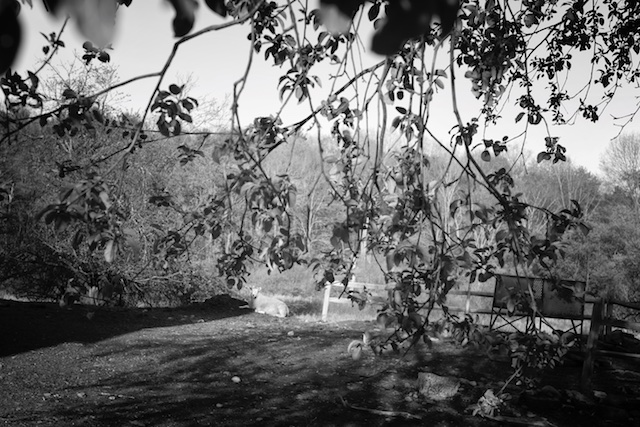
The moral philosopher Hannah Arendt wrote often about the moral person, the quality of being a person as opposed to simply being human. The greatest evildoers, she writes, are those who don’t remember because they have never given thought to the matter, and, without remembrance, nothing can hold them back from evil and cruelty.
For human beings, morality is not about gifts or even intelligence, it is about thoughtfulness.
The moral people who I know understand the pain of remembrance, they feel pain and evil deeply, and through their pain and hurt, commit themselves to never inflict suffering on others, on giving hope to the poor and broken. The cruel and the evil among us have no memory because they have never thought.
Like many of you reading this, the pain of remembrance is always present, thus the drive to be a moral person. We think about our lives because we feel. No one outside of us can really tell us what it means to be a moral person, it is the most personal and interior of processes. When we grant pardon, says Arendt, it is the person and not the crime that is forgiven; in rootless evil there is no person left whom one could ever forgive.
They are beyond reach and reason, they can’t remember.
I seek to be a moral person, and I think of this now because it is timely, there is much talk of the political parties and their “platforms,” their statements of ideals and purpose. These platforms are adopted at political conventions, and while they are often ignored, they are perhaps the most significant statements of morality in our culture. There are really no others, at least not in public.
Wendell Berry writes in his new book “Our Only World” that the platform of the corporations and their political partners is large, standardized industrial solutions to be applied everywhere, and in all circumstance.
“Our aim,” he says, must be “elegant solutions predicated on the uniqueness of every place.”
The ruling ideas – the platforms – of our present national or international economy, are competition, consumption, globalism, corporate profitability, mechanical efficiency, technological change, upward mobility (he might have added accusation and domination) – and in all of them there is the acceptance of violence against the land, the people who work on the land and elsewhere.
Violence is practiced in many forms, from physical brutality and poverty to environmental destruction and the loss of work.
Cities, towns, farms, the land and air itself, whole industries, jobs, communities, small businesses, are now all disposable, necessary sacrifices to the corporate revolution. These are violent experiences, often shattering and destructive.
We are now perpetually at war with much of the world and with the earth itself, a reality against which there is shockingly little real resistance or thought. On the very edges of our society, marginalized and ignored – they never make it to the cable news channels – are the people calling for a different kind of platform. They are considered odd and strange, they have the most powerful of messages, but no one is listening.
In return, and as many psychologists predicted a half-century ago, we are turning to animals for love, comfort and grounding. This is why it is so important we keep them in our lives, rather than send them away.
To me, the very definition of a moral person in our world is a new kind of platform, talk of a different way is in the air, spreading inwards from the fringes, where it has been safely, sometimes brutally, anesthetized and confined.
I stopped for a few minutes to think of my own platform, my own idea of what it means to be a moral person. Berry says we must think again of reverence, humility, affection, familiarity, neighborliness, cooperation, thrift, appropriateness, local loyalty. These terms speak to the very best of our heritage and purpose. “They Bring Us Home.”
Revolutions, said Joseph Campbell, begin inside of us, not on the streets. I embrace this new platform in my life, I can speak of it now when asked. I do not tell others what to think or what to do, or insist they follow my ideas and beliefs. Yet it is, in its own way, as revolutionary as anything conceived by Lenin or Marx.
I do not compete with anyone in my life and work, I cherish the happiness of anyone. Life is teaching me to be humble, everyone has suffered more than I have. I am learning reverence for the earth and for the people around me. I am opening to affection, and the power of love. I am understanding the meaning of moral thrift, for the idea of appropriateness – inappropriateness feels wrong, and I am living out the very idea of local loyalty.
Community is a faith, it binds us together and heals and comforts and supports us.
I accept that no political party is likely to embrace this platform in my life, I believe it will come in time, there is a great stirring on the edges of life, the young and the women and the “others” on the edges of life are coming to heal us and save us from ourselves. My wish is that if and when they come to me, they will find a moral person, seeking thoughtfulness in my life, every single remaining day of it.
